Parashurama or Bhargava Rama, - Part III Invincble destroyer of Kshatriya clan
Parashurama or Bhargava Rama, - Part III Invincble destroyer of Kshatriya clan
Did you know that Parashurama, of Brahamanical class or priestly caste, waged war against the Kshatriya rulers twenty one times as he had seen 21 cuts on his father's body who was slain by King Kartvirarjuna;s sons and he had heard ethereally his mother's cry Rama! Rama! Parasurama! 21 times?
Parashurama's life history takes a drastic and violent turn, during the period between Treta Yuga and Dwapara Yuga. This was when his encounter of the Bhrigu Bhargavas clan against their arch enemies Haihayas headed by Kartavirya Arjuna and his sons to start with and later against all the Kashtriyas of the land, started to unfold. It was also the time of unfolding of his sixth avatara of Vishnu as Rama with the axe ( parasu ) - Parashu Rama - in the Shaktyavesh Avatara to eliminate the Kshatriya dynasties who had excesively become despotic because of the material modes of passion and ignorance, and had turned irreligious and ceased to care for the laws enacted by the Brāhmaṇas; Kshatriyas had become highly tyrannous and were resorting to unrighteous ways.
Once, Kartavirya Arjuna, of the Haihaya kingdom at Mahishmati paid a royal visit to the hermitage of Jamadagni, with his entourage, and was received by sage Jamadagni's wife Renuka with all respect;. As Renuka had the benefit of possessing the all giving celestial cow called Surabhi or Susheela with her, she could royally feed not only Kartavirya Arjuna but all his retinue of soldiers. When Kartviraarjuna found that the Surabhi , the cow of plenty, was the strength of Jamdagnis in feeding any number of people visiting , he wanted to possess it., He asked Jamadagni to give Surabhi to him, but the sage refused saying that the cow was a gift from Indra and thus can not be given away as a gift again, The king tthen took away the cow by force to his capital city Mahishmathi, much against the humble pleadings of Jamadagni and his wife Renuka; the king even hit Jamadagni with his fist, Thus Arjuna not only requitted the honour shown to him by the Jamadagnis by carrying away by force the calf and the sage's sacrifical cow, and but also uprooted many lofty fruit trees in the hermiatge. When Parasurama came home after his daily physical exercises, he was infuriated to see the action of Kartavirya Arjuna in forcibly taking away the cow Surabhi. Then, armed with his axe and bow, accomanied by his disciple, Parashurama, in fury, went to Mahishmati and accosted Kartavirya Arjuna for his unjust action and requested for the cow's safe return but, Arjuna did not relent and a battle ensued between the two warriors. It is said that Kartaviryarjuna then attacked Parasurama with his spread out thousand arms but also with an akshohiini of his army against Parashurama who stood alone with his formidable Parashu or axe and bow and arrows. Parashurama not only cut off the thousand arms of Arjuna but also slew him. He then took back the divine cow Surbahi and returned to his ashram and reported to his father Jamadagni.
But the situation did not ease, as , in revenge for killing their father, Kartaviryaarjuna's sons invaded Jamadagxni's ashram to inflict maximum punishment on Parashurama and his parents. But Parassurama was away from home so they slew Jamadagbi with 21 cuts on his body. Renuka was just in great anxiety, and just helplessly watched the killing of her husband. She cried in angusih: "Rama! Rama! Parasurama!, who was away from the ashram. Parashurama could ethereally hear the cries of his mother from afar and he rushed home. He counted that his mother had called his name twenty one times. On reaching his ashram he saw his father's head severed from the body. Parashurama and Jamadagni's disciples cremated the rishi, and his wife Renuka performed sati. There and then Parashurama took a vow to eliminate the clan of Kartaviryaarjuna but also the entire race of the Kshatriyas by mounting missions twenty one times; he repeatedly smote most of the noble race of Kshatriyas. But strangely he left out the Suryavanshi and Chandravamshi Kashatriyas - King Dasaratha and King Janaka and even befriended them. He also had interaction with their leaders like Rama in the Treta Yuga and Bhishma, Drona and Karna in Dwapara Yuga. .
During the above proecess of killing, Parashurama had turned the earth into mass of ensanguined mud. At one place he evern created five lakes of the blood of kashatriyas known as Samanthapanchaka, identified during Mahabhartaa war as Kurukshetrta. At this place he satiated the manes of the Bhrigus and beheld his grand faher Ruchika.
After this dance of death and gore, Parasurama felt that the purpose of his advent had been achieved and he made a gift of all the territoies he had conquered to the sage Kashyapa and other Brahmins who had los their land, in the presence of his grand father Ruchika. He felt that having given away everything, it would not be right for him not to remain on the land he had gained.
After losing his power and land, Parashurama went to Mount Mahendra to do penance where his pitrurdevatas advised him to only to do Tapas after taking a holy dip in the Vadoosara River to restore his lustre; to take a dip at special spot in the river called Deeptoda. He did just that and thus regained his divine body.
Parashurama having achieveed his objective of eliminating the evil ones of Kashatriya race, wanted to visit Kailasa, the abode of his Guru and god Lord Shiva to express his gratitude. This is where he encountered Ganesha who humbled him. He later during the Treta Yuga had an ecounter with Lord Rama of Ayodhya and with Bhishma, Amba, Drona and Karna, and even Lord Krishna, during the Dwapara Yuga.
Note: The next episode will be on "Parashurama or Bhargava Rama, - Part IV Encounter with Ganesha".
Narasipur Char

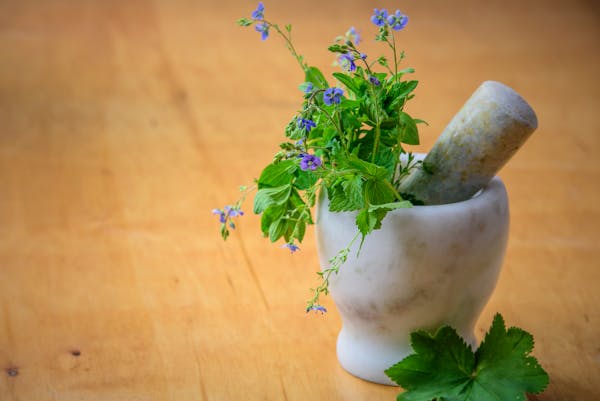
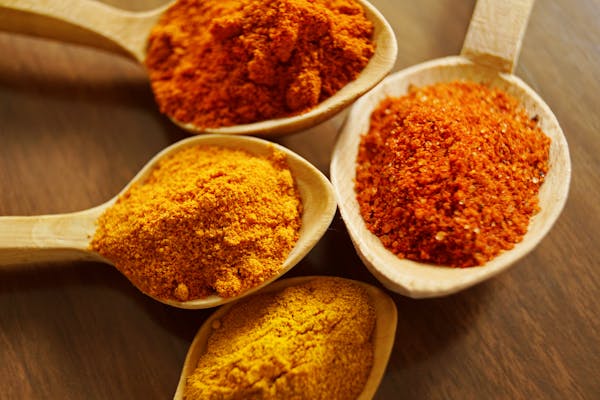
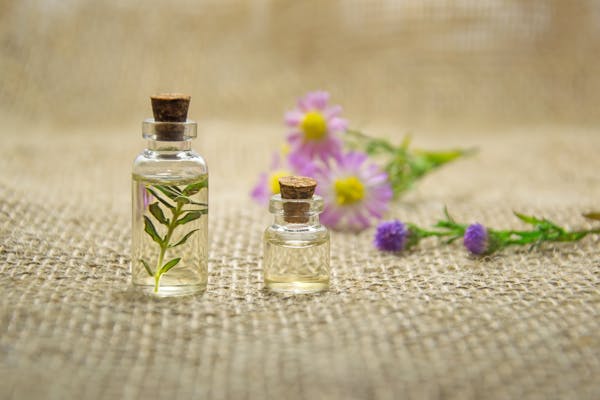

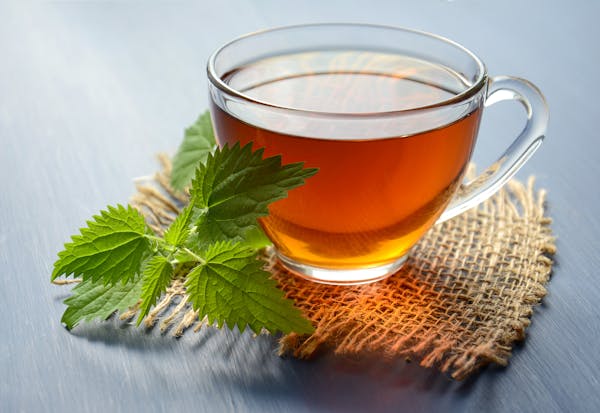
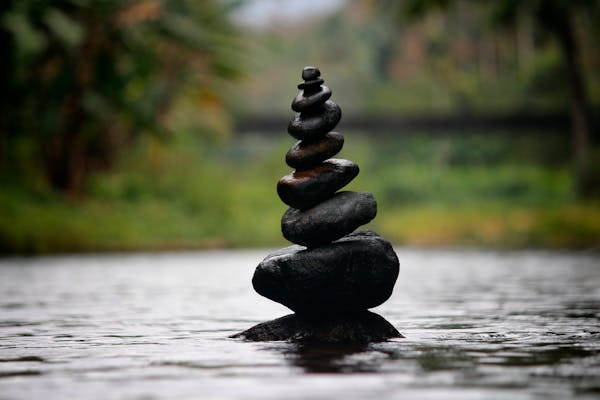
















No comments:
Post a Comment